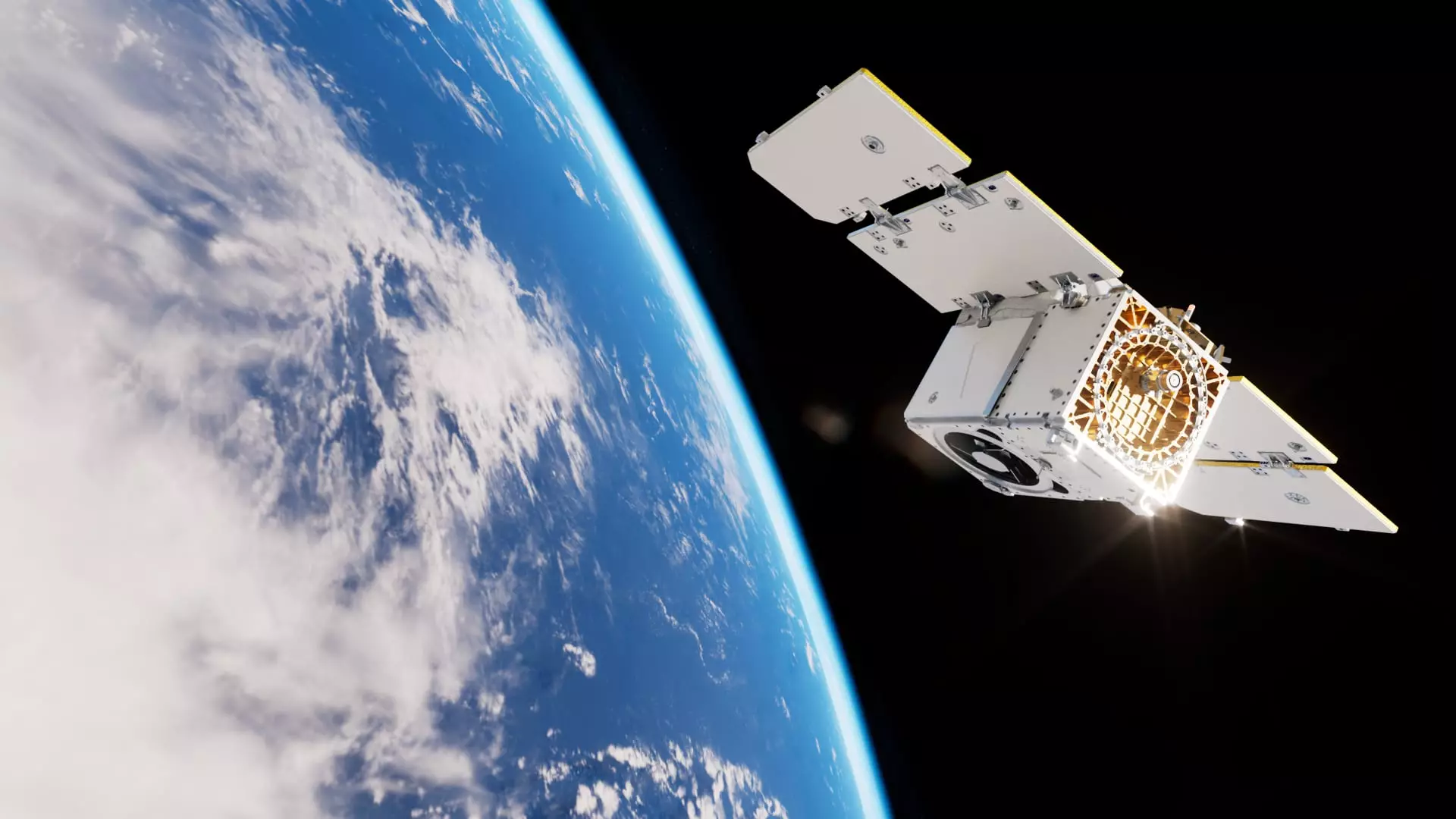Planet, a leader in satellite imagery and data analysis, has recently embarked on a significant venture by securing a $230 million contract with an unspecified anchor customer. This momentous agreement symbolizes not only Planet’s largest deal to date but also marks a pivotal transition into the satellite services domain. According to Planet CEO Will Marshall, as he shared with CNBC, this contract is a “momentum-building event” that showcases the company’s potential for growth in a sector that is increasingly reliant on satellite technology. With plans to construct specialized Pelican satellites for a longstanding partner in the Asia-Pacific region, Planet is positioning itself for a future that combines advanced technology with customized satellite solutions.
The Pelican satellites are designed to enhance Planet’s existing capabilities through a more powerful and efficient infrastructure. Intended to succeed the company’s earlier SkySat satellites, the Pelican initiative represents a substantial upgrade in both performance and scope. Marshall emphasized that this contract not only encompasses the satellite construction phase, which may take a couple of years, but also includes five years of operational services. This long-term commitment ensures that the customer receives dedicated access to the satellites tailored to their specific area of interest, while Planet retains the ability to license data collected from these satellites globally.
This dual-faceted approach enables Planet to expand its data utilization strategy, thereby creating additional revenue streams that go beyond the immediate terms of the contract.
While the recent contract does not alter Planet’s earlier financial forecasts for fiscal 2025, the CEO anticipates that substantial benefits will emerge in the following fiscal year. With the promise of long-term payments associated with both construction and operational activities spread across a seven-year timeline, Planet is on a trajectory toward a healthier balance sheet. Furthermore, the progress observed in the company’s stock performance signals renewed investor confidence, as shares saw a significant increase of around 14% upon the announcement of the deal. However, volatility remains a theme for Planet, as shares traded close to the previous rates after initial excitement faded.
The company’s ability to adapt its business model is underlined by its foray into satellite services, an area they first tested with their Tanager satellite series developed for the Carbon Mapper initiative. By selling customized satellites designed to meet varied customer needs, Planet is embarking on a journey of mutual growth and collaboration alongside its clients.
Innovations in Satellite Technology
With satellite technology evolving rapidly, the integration of advanced hardware such as Nvidia’s Jetson edge AI platform in the Pelican satellites brings forth enhanced data processing capabilities. By embedding such cutting-edge technology, Planet can significantly improve the quality and speed of its data delivery. Marshall’s comments reflect a strategic priority to scale operations at an accelerated pace, signaling a shift toward aggressive expansion in satellite deployments.
As Planet aims to build a constellation of up to 32 Pelican satellites, its promise of faster rollout is set against a backdrop of increasing global competition in the space sector. As seen in the performance of other space-oriented firms, the stakes are high, but with the right technological investments, Planet stands to capture a substantial market share.
Planet’s journey is not without its challenges. After going public in 2021 amidst a wave of SPAC enthusiasm, the company faced a rocky road characterized by missed revenue targets and workforce changes that dragged its stock performance down. However, recent trends show potential for recovery, as Planet’s share prices have surged over recent months, more than doubling year-on-year, indicative of emerging investor interest and confidence in the company’s strategic pivots.
Planet’s landmark contract illustrates a significant consolidation of its market position while reflecting a broader trend toward customized satellite services in a fast-evolving industry. As the company navigates the complexities of satellite deployment and expands its operational capabilities, the road ahead will demand adaptability, innovation, and a keen understanding of customer needs. The interplay between satellite technology advancements and market demands will ultimately shape the future of Planet, illuminating their role in the increasingly interlinked world of satellite data and services.

